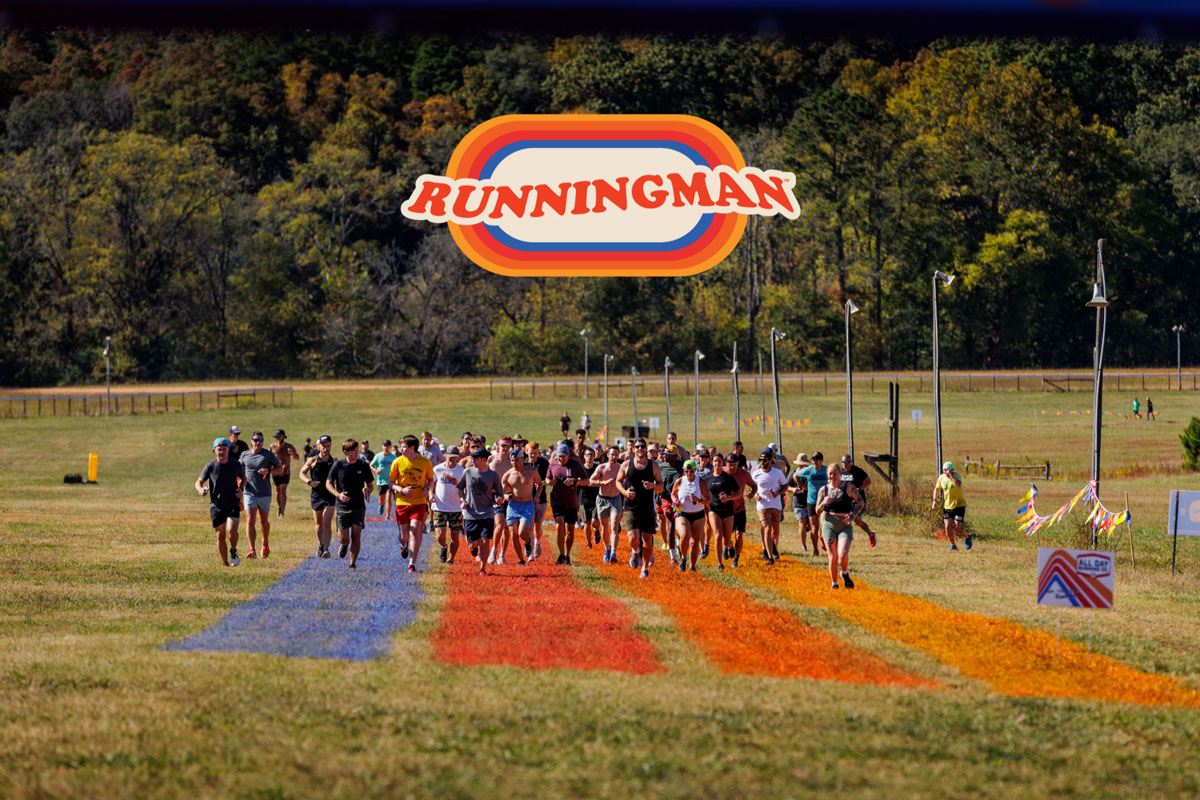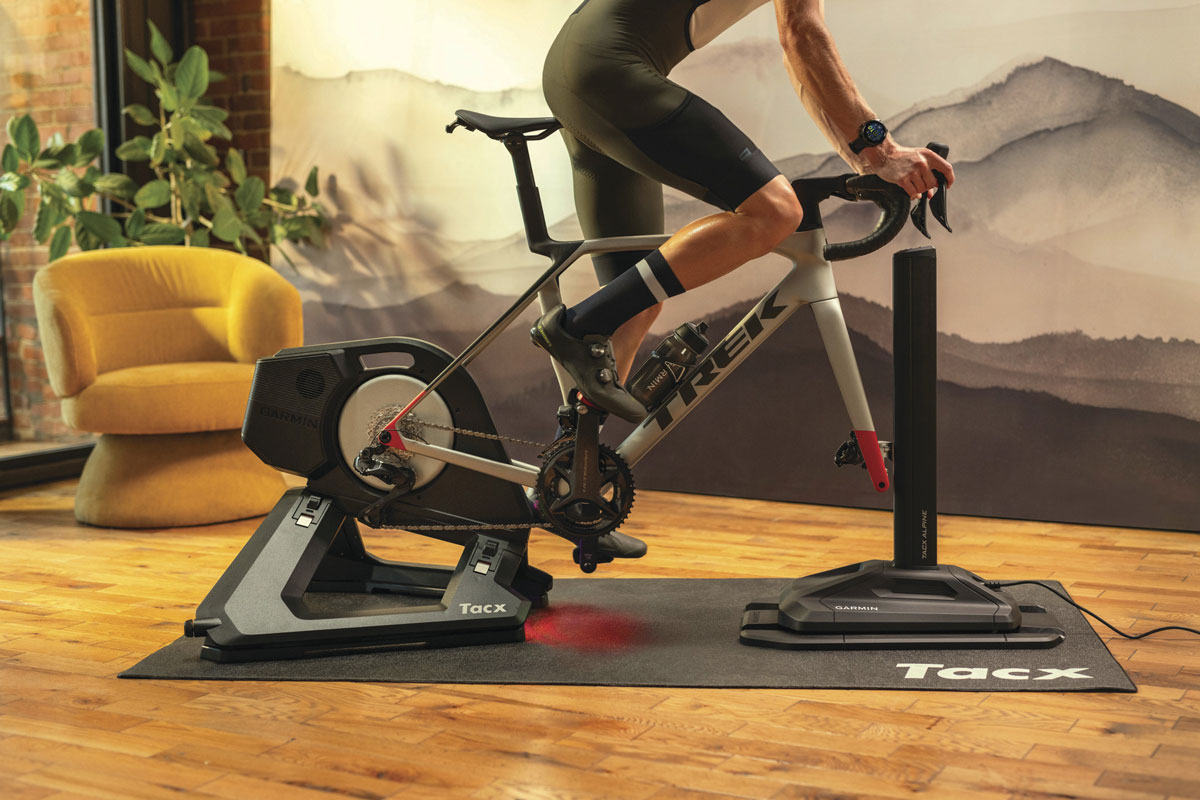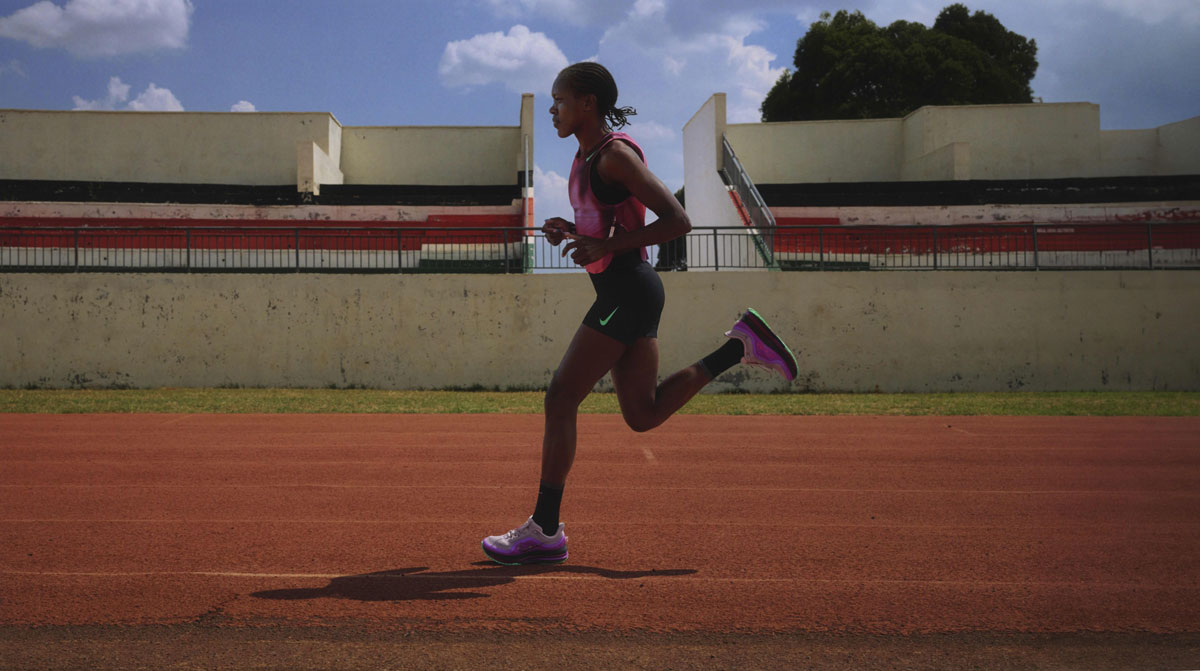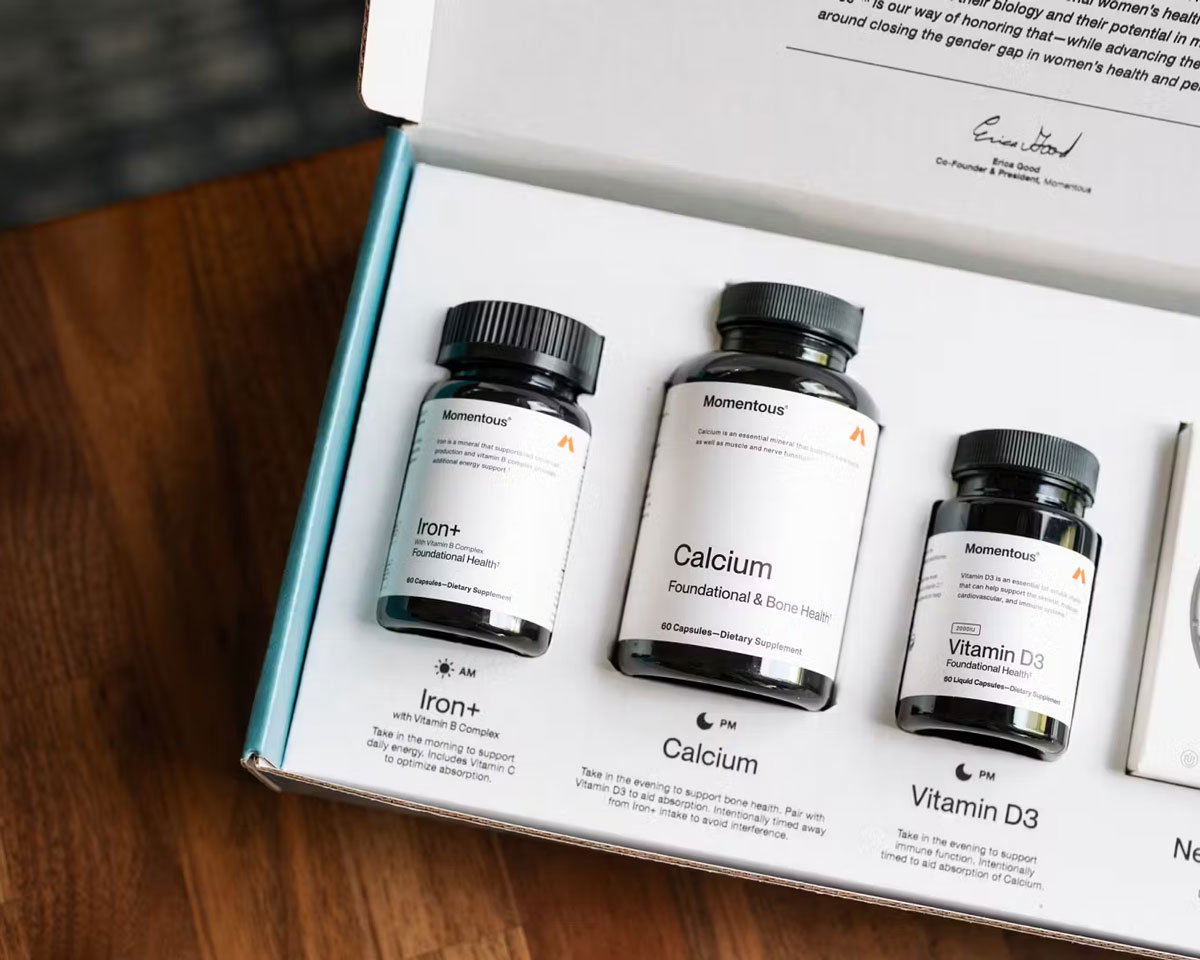5 Hydrating post-run recovery drinks
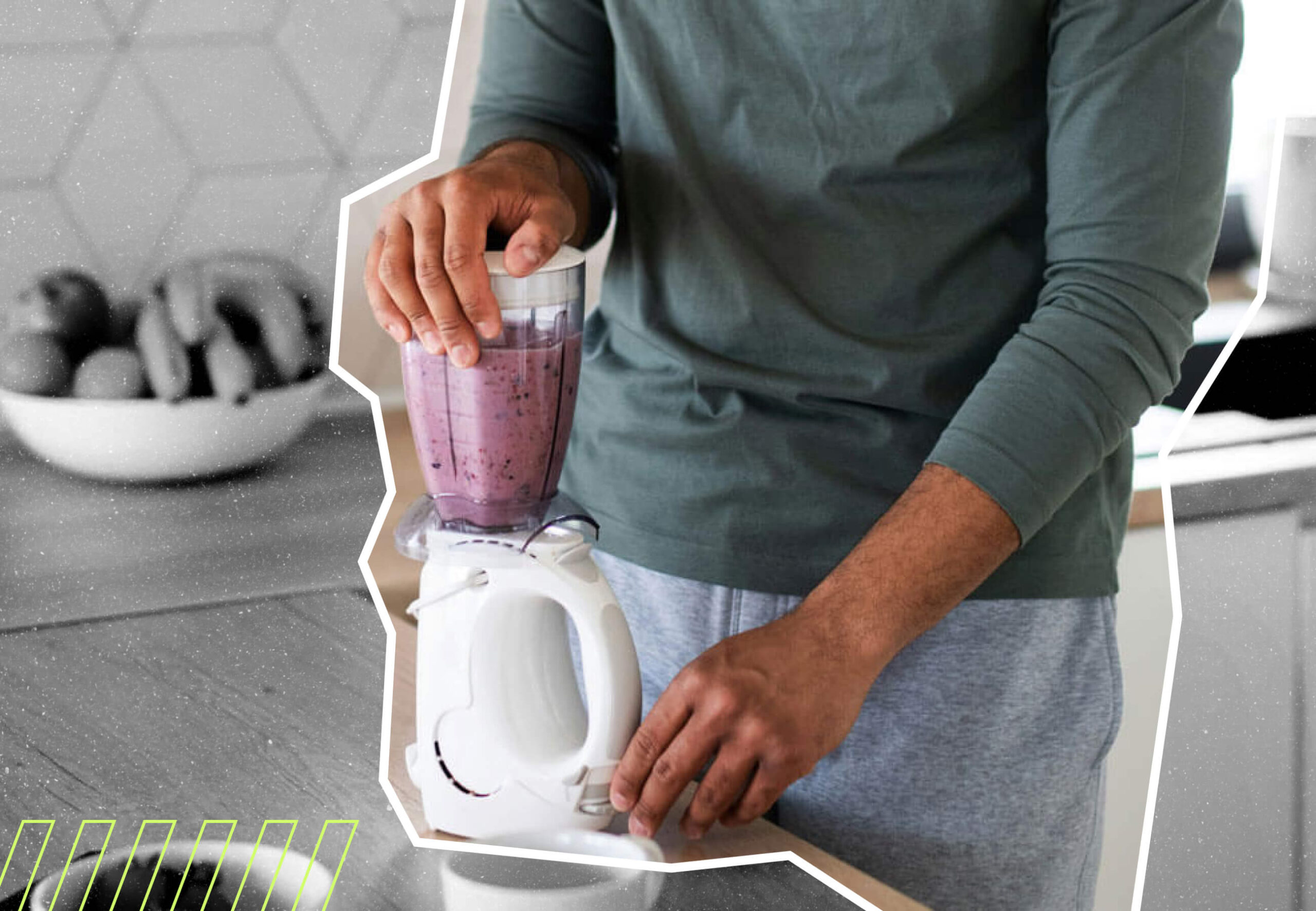
A mixture of carbs, protein, and electrolytes can help with refueling your body post-workout and assist in optimal recovery, but getting these nutrients in within a specific time window is critical.
With a runner’s high coursing through your body, you may find that you’re not incredibly hungry after your run, but you’ll certainly be thirsty—which is precisely why so many people reach for a nutrient-rich beverage after their workout.
Post-run recovery drinks are two for one: hydration plus nutrition.
So, which recovery drink should you choose? Let’s explore some of the most popular options, discuss their unique benefits, and help you determine which post-run beverage is ideal for your recovery needs.
The Importance of Post-Run Recovery Drinks
Post-run nutrition is crucial for recovery, and as mentioned, when it comes in the form of a recovery drink, it’s a two-for-one: nutrients plus hydration.
But which nutrients do you need, and how soon after your run should you aim to get them in?
Replenishing your carbohydrate stores post-run is vital for sustained energy throughout your day, and to help fuel your recovery efforts. During your run, glycogen stores (stored carbohydrates) are called on to help fuel your muscles and keep you moving. Due to their easily accessible nature, glucose molecules (from glycogen) are readily released into your bloodstream, providing the energy your body needs for your workout.
Ideally, you’ll start replenishing your glycogen stores within an hour after your run (or sooner), as it can take up to four hours for carbs to digest and incorporate into their storage form.
Similarly, you have about one-hour post run to optimally absorb amino acids from protein for tissue repair. During your run, your muscles sustain micro-tears and tiny injuries, which serve to make them stronger and more adapted to running. The key, however, is giving them the right nutrients so they can repair themselves in a timely manner. This time frame, in which your muscles are extra hungry for nutrients, is called the anabolic window and is crucial for muscle recovery.

Post-run nutrition is crucial for recovery.
High-quality protein is also vital, as opposed to incomplete proteins. While there are plenty of protein blends out there, be sure to choose a protein source that is either from an animal (whey, egg, etc) as they are naturally complete, or combines vegan sources of proteins to create a complete amino acid profile.
In addition to carbs and protein, electrolytes and water play a vital role in recovery after your run. This is especially true if you sweat a lot during your workout. Drinking water or liquids alone may not be enough to fully rehydrate your body if you’ve lost electrolytes in sweat due to their crucial role in maintaining the fluid balance in your body. Electrolytes also play a role in muscle contraction, with low levels of electrolytes leading to symptoms like muscle fatigue and cramping.
Therefore, for optimal recovery, you must receive a balance of water, electrolytes, carbohydrates, and protein within an hour post-run.
What to consider when choosing a recovery drink
Choosing the right recovery drink for you will depend on your specific needs, workout intensity, and taste preferences. That said, the best recovery drinks for runners will always take into consideration:
As discussed previously, your recovery drink should contain a mixture of carbs, protein, and electrolytes. Many drinks out there focus on one or two of these nutrients but not all three. This is especially true in the electrolyte drink space in which carbohydrates are added in the form of sugar. While these drinks may give you an initial hit of energy due to the readily absorbed sugar, they’ll leave your muscles craving for amino acids, and your recovery will likely take a hit.
Taste and Palatability
The palatability of your post-workout beverage may not seem like the most critical factor, but in reality, it could be the difference between reaching for a well-rounded recovery drink or going for a lower-quality option. Everyone has their own likes and dislikes, and there are plenty of different flavors ] out there, so find a recovery drink that you truly enjoy.
Dietary Restrictions
Whether you’re vegan, gluten-free, dairy-free, or have any other dietary restrictions, recovery drinks are not the time to compromise on what your body needs. The good news is that there are options out there to match everyone’s preference. Read labels and find a drink that aligns with your body’s requirements.
Ingredient Quality
Many sports drinks sacrifice quality in the name of flavor or getting the optimal ratio of nutrients. While some of these products may seem like viable options on the surface, if your goal is to provide your body with the nutrition it needs for recovery, low-quality ingredients will work against you.
Watch out for artificial colors and flavors, added preservatives, and ingredients that sound more like chemicals than food—because they probably are.
5 Hydrating Post-Run Recovery Drinks
1.Chocolate Milk
Benefits: A childhood favorite for many, chocolate milk provides a nice dose of protein from the milk paired with readily absorbable carbs from the chocolate. Interestingly, chocolate milk can also help to replenish electrolytes due to its sodium and calcium content. One study even found milk superior to water for helping kids rehydrate after exercise due to its nutrient composition.
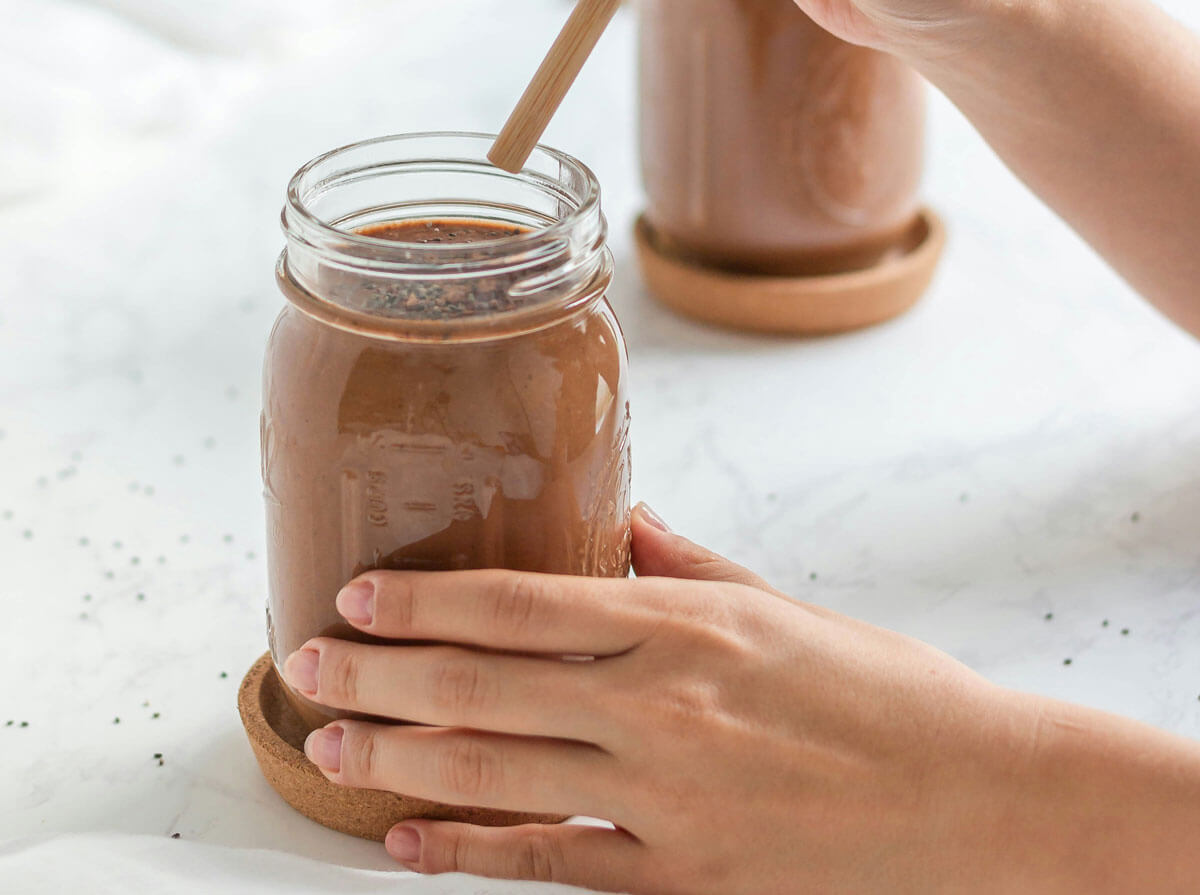
Why It’s Good for Post-Run: Chocolate milk is convenient, and it naturally contains the key nutrients your body craves after a run, including protein, carbs, and electrolytes. Due to the carbohydrate content, this drink is an excellent choice for replenishing your muscle glycogen stores.
2. Protein Smoothies
Benefits: Protein smoothies are a popular option for many people due to their versatility. In addition to a variety of protein powder flavors, you can add your pick of veggies, fruit, nuts, and so on. They’re also very useful for tailoring your recovery beverage to your individual needs. If you go on a long run, you may want to add more carbs and overall calories. A short run, on the other hand, may require fewer carbs and add-ins as you accommodate your daily needs.

Why It’s Good for Post-Run: Protein smoothies are ideal for replenishing your amino acids to support muscle recovery. They’re also easy to prepare and can be modified to fit your nutrient needs depending on the intensity of your run.
3. Tart Cherry Juice
Benefits: Tart cherry juice is rich in antioxidants and is known for its anti-inflammatory properties, ideal for muscle repair. In fact, research shows that consuming tart cherry juice can reduce muscle damage and promote faster recovery post-exercise.
Why It’s Good for Post-Run: If you’re someone who goes hard on their run, tart cherry juice provides the extra antioxidant power your muscles need to recover optimally. It’s also a good source of carbohydrates to help replenish your glycogen stores.
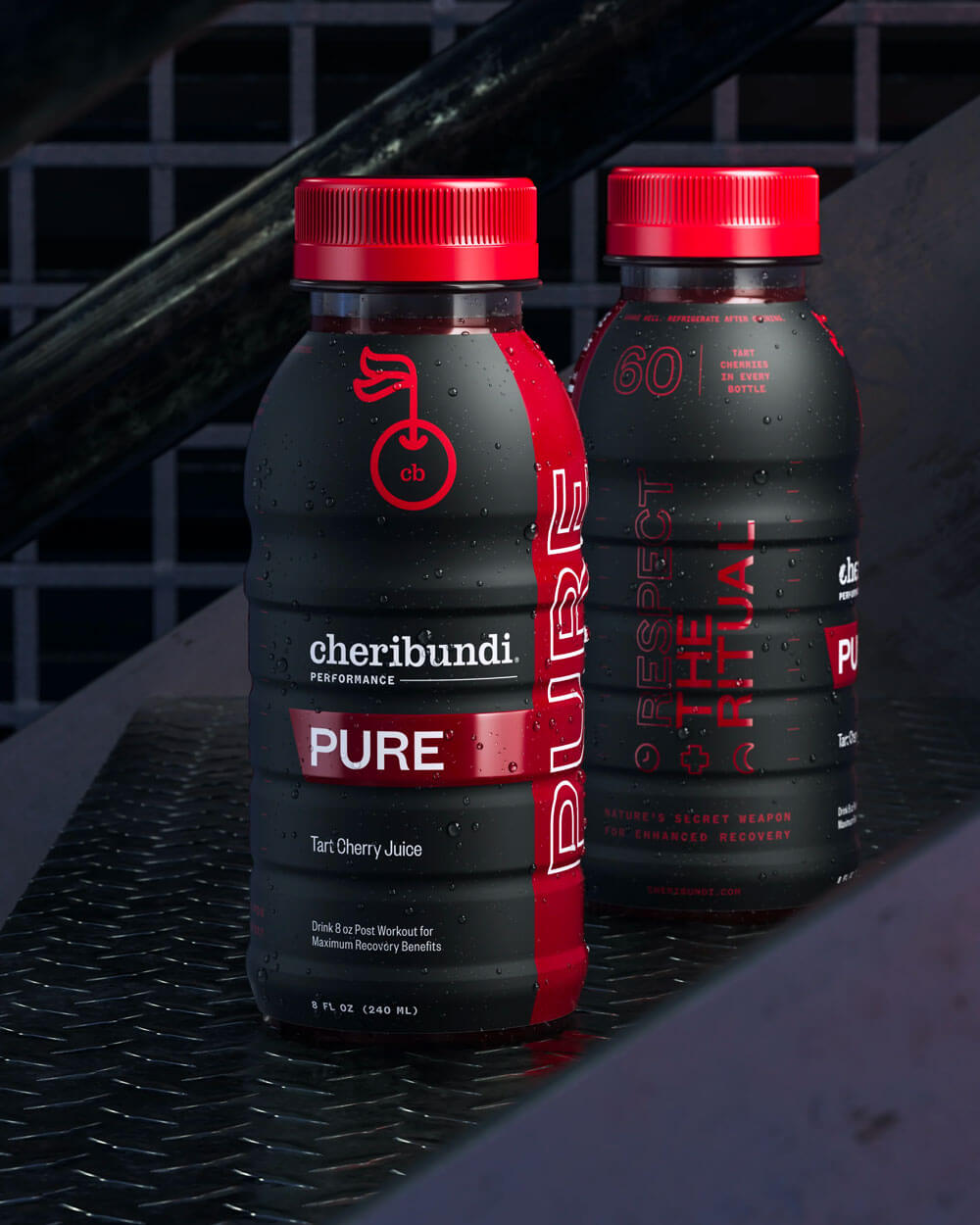
4. Coconut Water
Benefits: Coconut water is naturally rich in electrolyte minerals and naturally occurring sugar. In this way, coconut water makes an excellent alternative to highly processed recovery electrolyte drinks like Gatorade, which contain artificial ingredients and high sugar levels.
Why It’s Good for Post-Run: Coconut water is particularly rich in potassium, an electrolyte that plays a vital role in muscle function. Choosing coconut water over more processed options gives you a balance of sugar and electrolytes, minus the preservatives and other unwanted ingredients.
5. Specialty Recovery Drinks
Benefits: Specialty recovery drinks are explicitly formulated with athletes in mind, which means they often contain an ideal ratio of carbohydrates, protein, and electrolytes. What makes this category unique is the intention behind the formulation, specifically targeting serious athletes who care about their health.
Why It’s Good for Post-Run: These drinks are conveniently packaged and often scientifically formulated to optimize recovery. Many health-forward brands avoid artificial flavors and colors and focus on high-quality ingredients to meet runners’ high standards.
Examples of specialty recovery drinks:
GU PROCTANE Recovery Mix:
Gu PROCTANE Recovery Mix comes with 20 grams of protein per serving to assist in muscle repair and maintenance, with a hefty dose of carbs to replenish your glycogen, along with sodium and potassium (electrolytes).
Tailwind Recover Mix:
Tailwind Recovery Mix is a vegan recovery powder containing 3X more complete protein than whey protein isolate, with a balance of carbohydrates and electrolytes for optimal recovery.
Promix Nutrition Recovery Protein:
With a 2:1 carbohydrate-to-protein ratio, Promix Nutrition Recovery Protein is a recovery drink mix that covers your glycogen and muscle maintenance needs. They also add Himalayan salt to replenish electrolytes lost in sweat.
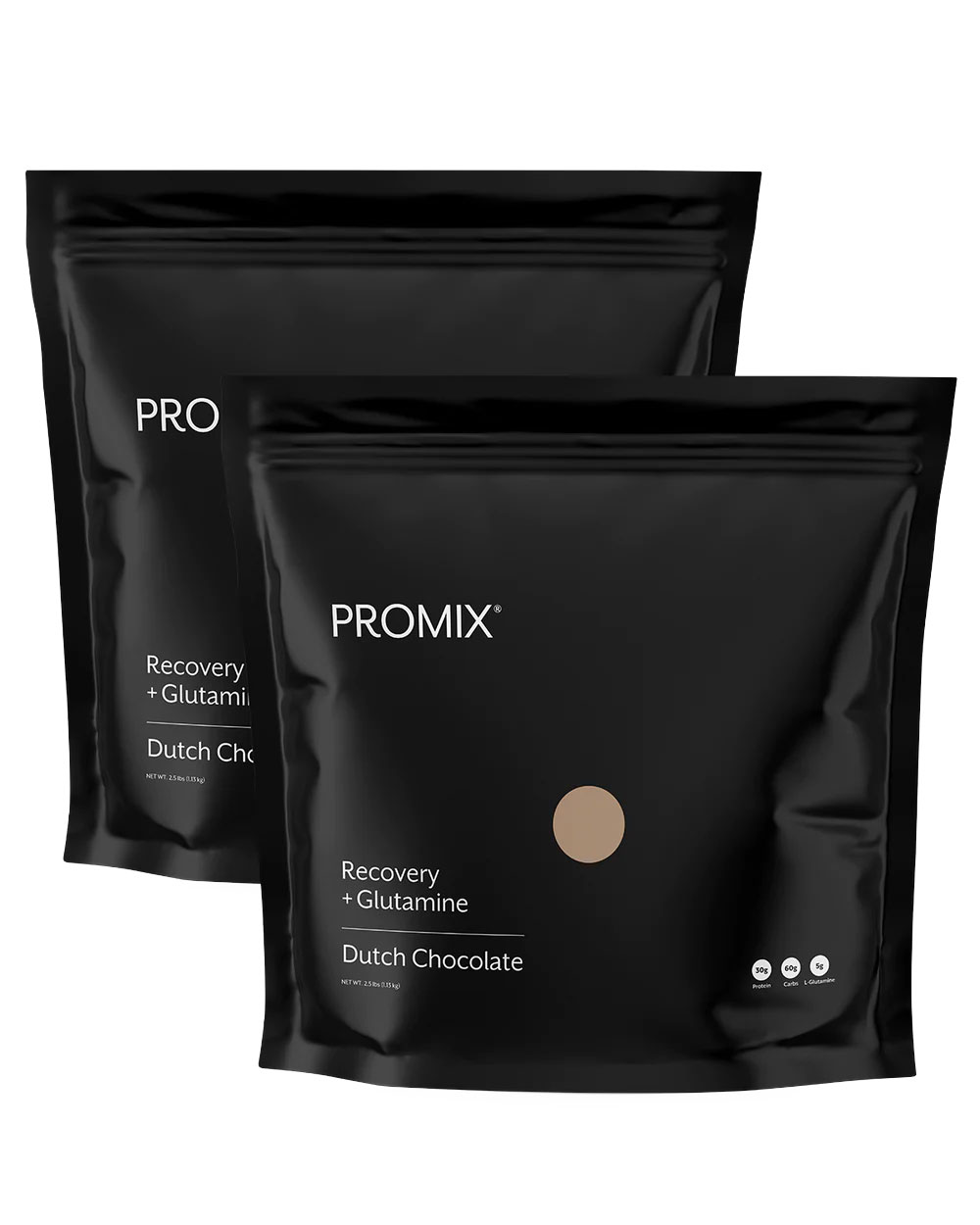
Choosing the right recovery drink for you
Choosing the right recovery drink for your needs depends on the intensity of your training session, how much you sweat, and the strain that is put on your muscles.
If you’re an endurance athlete, training for a marathon, or going on long runs, you’ll want to ensure you’re getting a hefty dose of carbs, protein, and electrolytes to replenish your body and speed up your recovery process. On the other hand, if you’re lacing up for a shorter, less intense run, you can get by with a lighter recovery drink (still containing all three: carbs, protein, and electrolytes).
Emphasizing enjoyment is just as crucial as prioritizing macronutrients and electrolytes, so choose a drink you’ll look forward to—it’ll help you stay consistent.
And, of course, quality is key for any recovery or athletic-enhancement drink. Look for ingredients you can pronounce, and avoid artificial colors, flavors, and preservatives.
Sources
- The 4R’s Framework of Nutritional Strategies for Post-Exercise Recovery: A Review with Emphasis on New Generation of Carbohydrates, Bonilla DA, Pérez-Idárraga A, Odriozola-Martínez A, Kreider RB.
- Is There a Postworkout Anabolic Window of Opportunity for Nutrient Consumption? Clearing up Controversies, Journal of Orthopaedic & Sports Physical Therapy
- Electrolytes and their relationship to normal and abnormal muscle function, Yu-Yahiro JA.
- Milk better than water to rehydrate kids, study finds.
- Influence of tart cherry juice on indices of recovery following marathon running, Howatson G, McHugh MP, Hill JA, Brouner J, Jewell AP, van Someren KA, Shave RE, Howatson SA.
- Efficacy of a tart cherry juice blend in preventing the symptoms of muscle damage, D A J Connolly, M P McHugh, O I Padilla-Zakour.
- Potassium regulation during exercise and recovery, Lindinger MI, Sjøgaard G.

 Published on Feb 27, 2024 by
Published on Feb 27, 2024 by 

